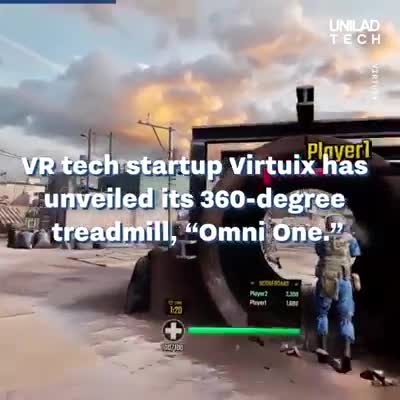Over the past few decades, technological advances have enabled the development of increasingly sophisticated, immersive and realistic video games. One of the most noteworthy among these advances is virtual reality (VR), which allows users to experience games or other simulated environments as if they were actually navigating them, via the use of electronic wearable devices.
Most existing VR systems primarily focus on the sense of vision, using headsets that allow users to see what is happening in a game or in another simulated environment right before their eyes, rather than on a screen placed in front of them. While this can lead to highly engaging visual experiences, these experiences are not always matched by other types of sensory inputs.
Researchers at Nagoya University’s School of Informatics in Japan have recently created a new VR game that integrates immersive audiovisual experiences with tactile perception. This game, presented in a paper published in the Journal of Robotics, Networking and Artificial Life, uses a player’s biometric data to create a spherical object in the VR space that beats in alignment with his/her heart. The player can thus perceive the beating of his/her heart via this object visually, auditorily and tactually.






